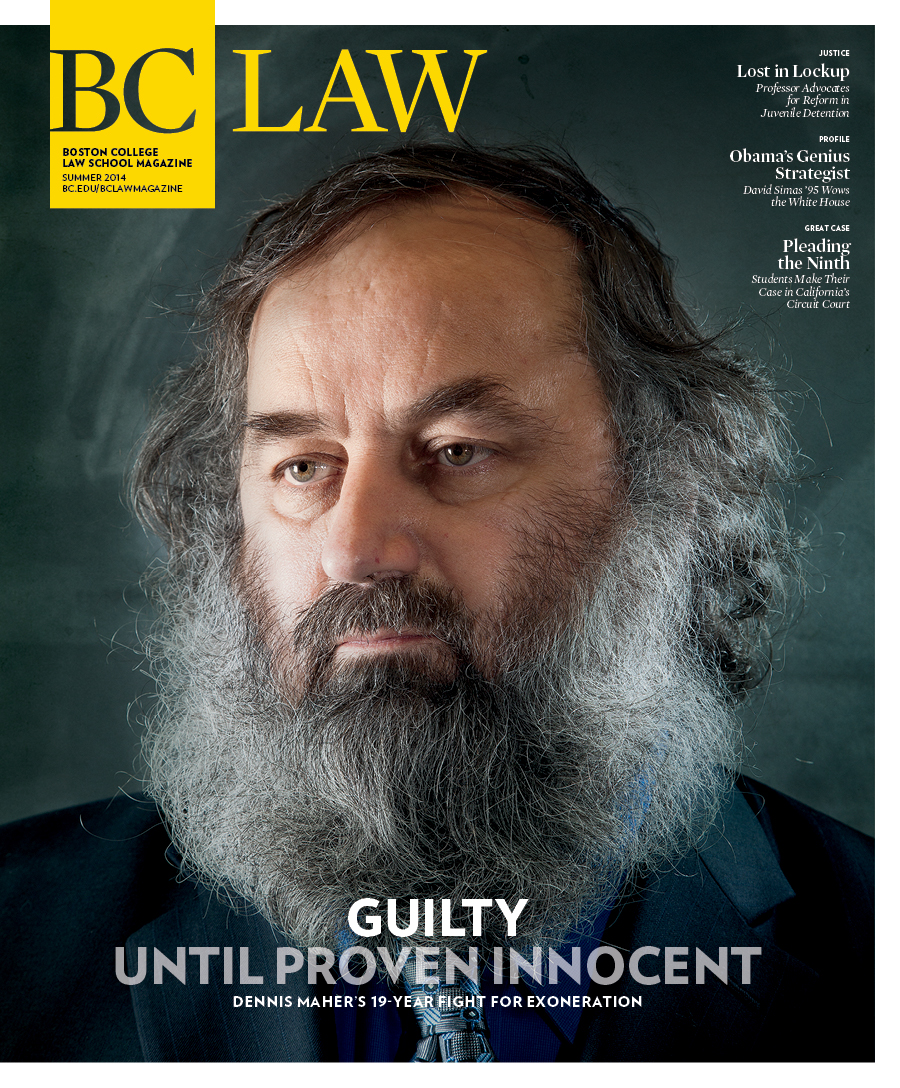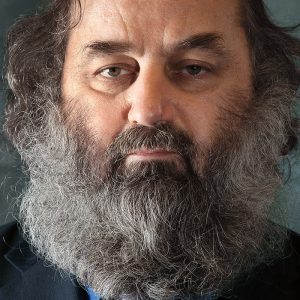The BC Innocence Project, founded by Associate Clinical Professor Sharon Beckman a decade ago, started as a small independent study clinic and grew to include externships with the New England Innocence Project and the Innocence Program of the Committee for Public Counsel Services, the Massachusetts public defenders’ office.
Initially focused on proving innocence through DNA testing, innocence advocacy now also covers cases in which bad science, ineffective assistance of counsel, prosecutorial misconduct, and other evidentiary and procedural blunders have put the innocent behind bars.
Last year, the BC Innocence Project got an unexpected boost from Gregory Keller, a partner in the New York firm of Chitwood Harley Harnes. He was involved in a securities matter in which there were cy pres funds—unclaimed monies eligible for distribution to nonprofits—and he successfully petitioned the court to award the money to the BC Innocence Project. The infusion of resources enabled Beckman to hire adjunct professor Charlotte Whitmore to teach the clinic. Whitmore, a former staff attorney for the Pennsylvania Innocence Project, brings impressive accomplishments, including the exoneration and release, in November 2013, of her client, Eugene Gilyard, who spent fifteen years in prison starting when he was a teenager for a murder he did not commit. He was a guest speaker at the Law School this year.
Hiring Whitmore freed Beckman to create and teach a new Wrongful Convictions course. The new funds were also used to underwrite the Maher event and other special programming to raise public awareness of innocence issues.
BC’s University Council on Teaching has awarded Beckman a Teaching Advising and Mentoring Grant for 2014 to 2015 to further develop the BC Innocence Project clinic and other experiential learning opportunities. Twenty-one students have been accepted into the clinic or an innocence externship for next year.



